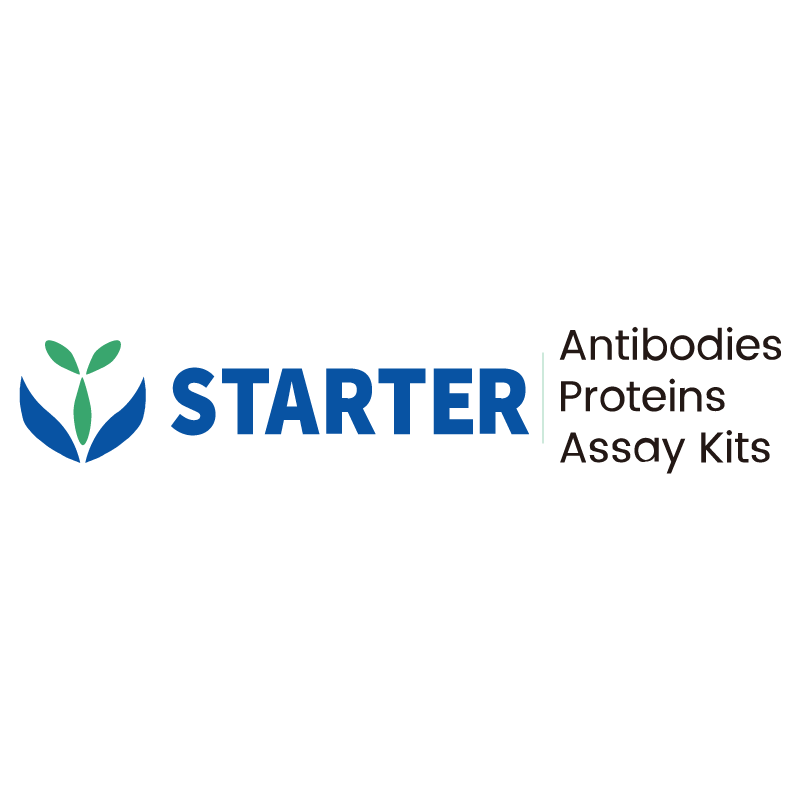2 μg(R: reducing conditions)
Product Details
Product Details
Product Specification
| Species | Human |
| Synonyms | Leukocyte C-terminal Src kinase (LSK), Lymphocyte cell-specific protein-tyrosine kinase, Protein YT16, Proto-oncogene Lck, T cell-specific protein-tyrosine kinase, p56-LCK |
| Accession | P06239 |
| Amino Acid Sequence | Protein sequence (P06239, Asn64-Thr226, with C-10*His) NLVIALHSYEPSHDGDLGFEKGEQLRILEQSGEWWKAQSLTTGQEGFIPFNFVAKANSLEPEPWFFKNLSRKDAERQLLAPGNTHGSFLIRESESTAGSFSLSVRDFDQNQGEVVKHYKIRNLDNGGFYISPRITFPGLHELVRHYTNASDGLCTRLSRPCQTGGGGSHHHHHHHHHH |
| Expression System | E.coli |
| Molecular Weight | Predicted MW: 20.3 kDa Observed MW: 20.3 kDa |
| Purity | >95% by SDS-PAGE |
| Endotoxin | <1EU/μg |
| Tag | with C-10*His |
| Physical Appearance | Lyophilized Powder |
| Storage Buffer | Lyophilized from a 0.2 μm filtered solution of 0.2M PBS, pH7.4. |
| Reconstitution | Reconstitute no more than 1 mg/mL according to the size in deionized water after rapid centrifugation. |
| Stability & Storage | 12 months from date of receipt, -20 to -70 °C as supplied. 6 months, -20 to -70 °C under sterile conditions after reconstitution. 1 week, 2 to 8 °C under sterile conditions after reconstitution. Please avoid repeated freeze-thaw cycles. |
Background
Tyrosine-protein kinase (Lck) is a protein that is found inside specialized cells of the immune system called lymphocytes. The Lck is a member of Src kinase family (SFK), it is important for the activation of the T-cell receptor signaling in both naive T cells and effector T cells. The Lck is responsible for the initiation of the TCR signaling cascade inside the cell by phosphorylating immunoreceptor tyrosine‑based activation motifs (ITAM) within the TCR-associated chains. The Lck can be found in different forms in the immune cells: free in the cytosol or bound to the plasma membrane (PM) through myristoylation and palmitoylation. Lck is able to bind the cell surface coreceptors CD8 and\or CD4. Mutations in Lck are liked to a various range of diseases such as SCID (Severe combined immunodeficiency) or CIDs. Many pathologies are linked to the overexpression of Lck such as cancer, asthma, diabetes 1, rheumatoid arthritis, psoriasis, systemic lupus erythematosus, inflammatory bowel diseases (crohn’s disease and ulcerative colitis), organ graft rejection, atherosclerosis, hypersensitivity reactions, polyarthritis, dermatomyositis.
Picture
Picture
SDS-PAGE


